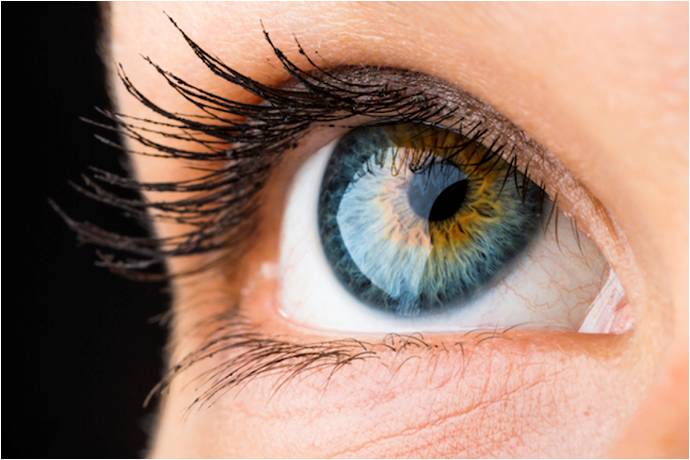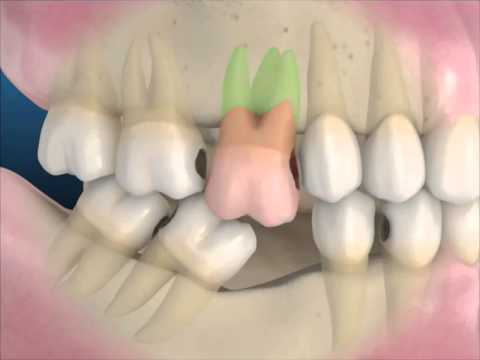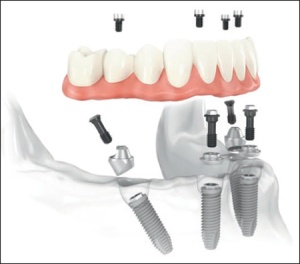Many patients have a preconception in their mind that if they extract a wisdom tooth it will, in some form, affect their vision.
This is a totally wrong concept buried in peoples mind since long. Truly, in no way removal or extraction of wisdom tooth is related to your vision.
When we try to find reasons for the popularity of this myth, these few reasons came to my mind
- People or fake dentists used to scare people because they didn’t know how to extract a wisdom tooth completely without any problems. This passed on to the next generations.
- Opthalmologist asks for dental checkup before performing eye surgeries.
- Proximity of upper teeth to eyes
- Imaginary same blood/Nerve supply to eyes and teeth.
When we look back into the past, dentistry was dominated by fake barber dentists who carried out dentistry barbarically without any knowledge. Wisdom tooth was not very easy to remove with the armamentarium that they had at that time, so they started spreading rumors by connecting it to vision rather than accepting their failures.
But now wisdom teeth can be removed safely by professional dental surgeons without any problems.
Ophthalmologists ask for dental checkup before eye surgery, so that any dental infection if present could not cause postoperative problems in their surgical site. So, dental infection should be treated before eye surgery.
Here also there is no connection between wisdom tooth extraction and eyesight problems.
Though there is some proximity in between upper teeth and eyes there is no direct connection. Both eyes and Teeth have different nerve and blood supply. Spread of infection from dental region may cause swelling near eyes, however vision or eyesight remains unaffected. Extraction of wisdom teeth and for that matter extraction of any teeth doesn’t affect vision.






Recent Comments